Cognitive Computing: The Future of AI and Human Cognition
Demystifying Cognitive Computing: Bridging Human Thought and AI
The realm of Artificial Intelligence (AI) has been a constant beacon of innovation, driving forward our technological capabilities and redefining what is possible. At the heart of this progress lies cognitive computing, a groundbreaking approach that seeks to mimic human brain function to enhance decision-making processes in machines. With my extensive background in AI and machine learning, including hands-on experience with machine learning models and AI algorithms through both academic pursuits at Harvard University and practical applications at DBGM Consulting, Inc., I’ve observed firsthand the transformative potential of cognitive computing. However, it’s important to approach this topic with a blend of optimism and healthy skepticism, especially regarding its current capabilities and future developments.
The Essence of Cognitive Computing
Cognitive computing signifies a quantum leap from traditional computing paradigms, focusing on the replication of human-like thought processes in a computerized model. This involves self-learning through data mining, pattern recognition, and natural language processing. The aim is to create automated IT systems capable of solving problems without requiring human assistance.
<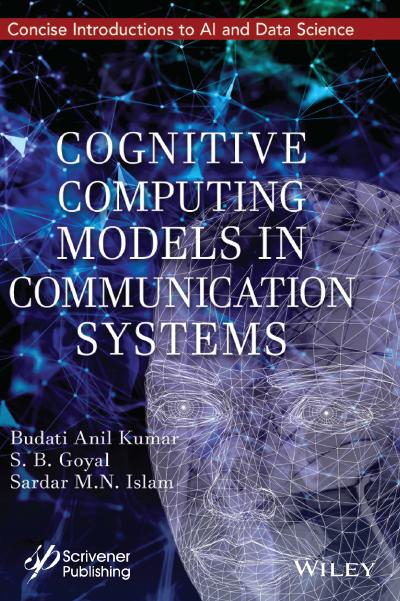 >
>
The relevance of cognitive computing has been expertly discussed in the progression of sentiment analysis, deep learning, and the integration of Large Language Models (LLMs) in AI and Machine Learning (ML), as featured in previous articles on this site. These discussions underscore the significance of cognitive computing in evolving AI from a mere data processor to an intelligent assistant capable of understanding, learning, and responding to complex human needs.
Practical Applications and Ethical Implications
The practical applications of cognitive computing are vast and varied. From enhancing customer service through chatbots that understand and process human emotions, to revolutionizing healthcare by providing personalized medicine based on an individual’s genetic makeup, the possibilities are immense. Yet, with great power comes great responsibility. The ethical implications of cognitive computing, such as privacy concerns, data security, and the potential for job displacement, must be thoroughly considered and addressed.
Challenges and Limitations
Despite the significant advancements, cognitive computing is not without its challenges. The accuracy of cognitive systems depends heavily on the quality and quantity of the data they are trained on. This can lead to biases in decision-making processes, potentially amplifying existing societal inequities. Moreover, the complexity of human cognition, including emotions, reasoning, and consciousness, remains a formidable challenge to replicate in machines.
<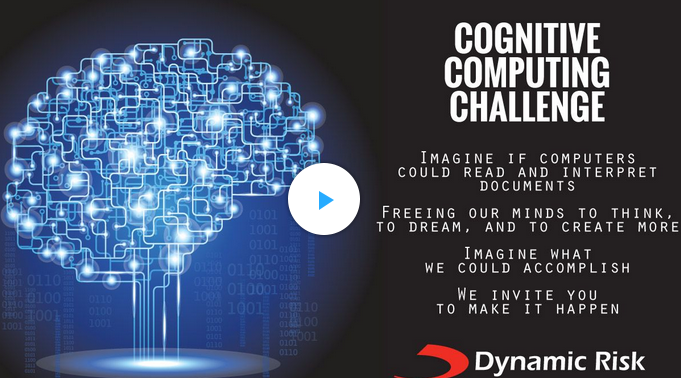 >
>
The Path Forward
The future of cognitive computing is undoubtedly promising but requires a balanced approach. As we forge ahead, it is crucial to remain mindful of the limitations and ethical considerations of these technologies. Continuous research, collaboration, and regulation will be key to harnessing the potential of cognitive computing while safeguarding against its risks.
As a practitioner and enthusiast deeply ingrained in the AI and ML community, my perspective remains rooted in the scientific method. Embracing cognitive computing and its applications within AI opens up a world of possibilities for tackling complex challenges across industries. Yet, it is imperative that we proceed with caution, ensuring that our advancements in AI continue to serve humanity positively and equitably.
<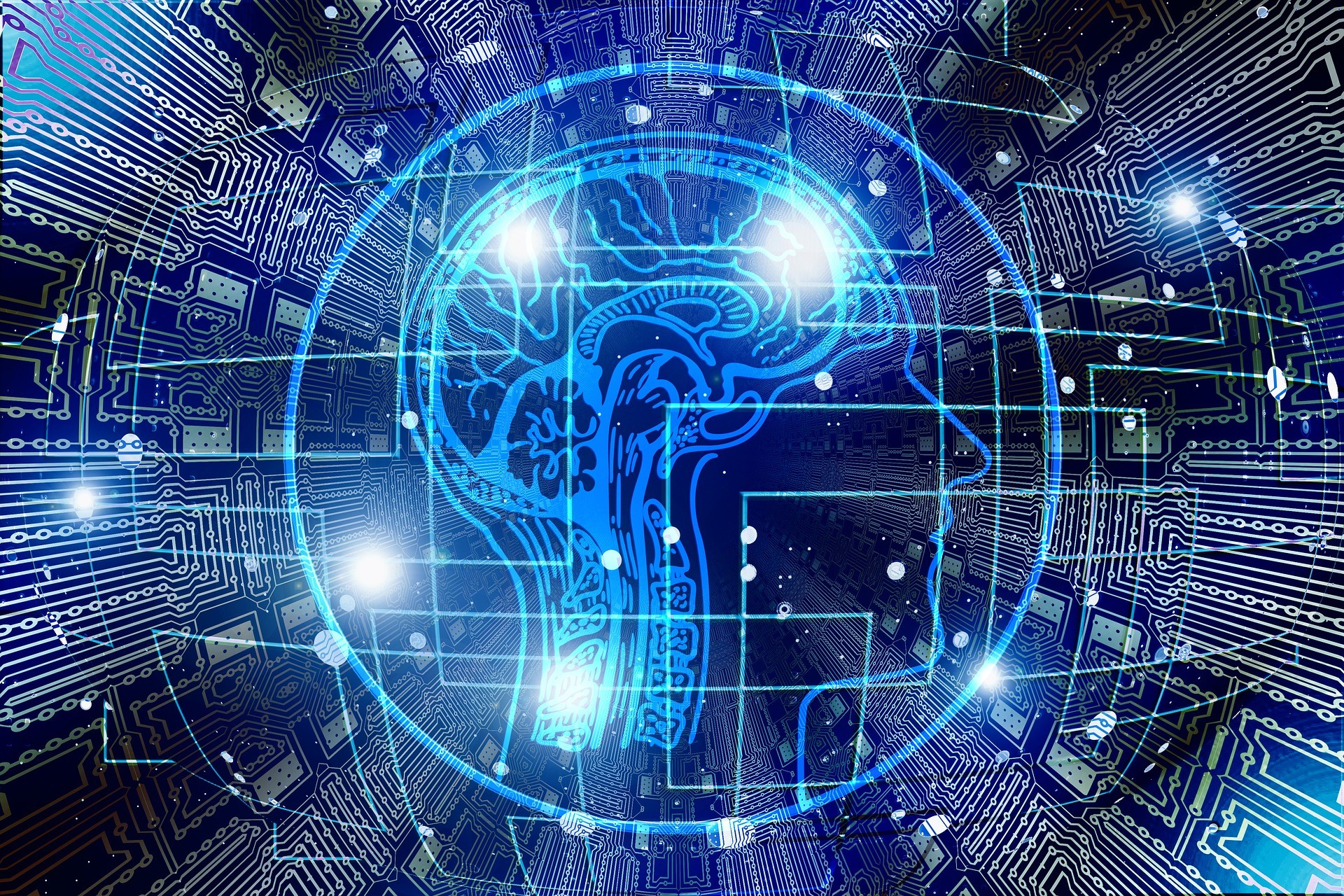 >
>
In conclusion, cognitive computing stands at the intersection of artificial intelligence and human cognition, offering a glimpse into the future of technology where machines think and learn like us. However, to fully realize its benefits, we must navigate its development thoughtfully, balancing innovation with ethical responsibility. As we continue to explore the vast landscape of AI and cognitive computing, let us remain committed to advancing technology that enhances human capabilities and well-being.
Focus Keyphrase: Cognitive Computing
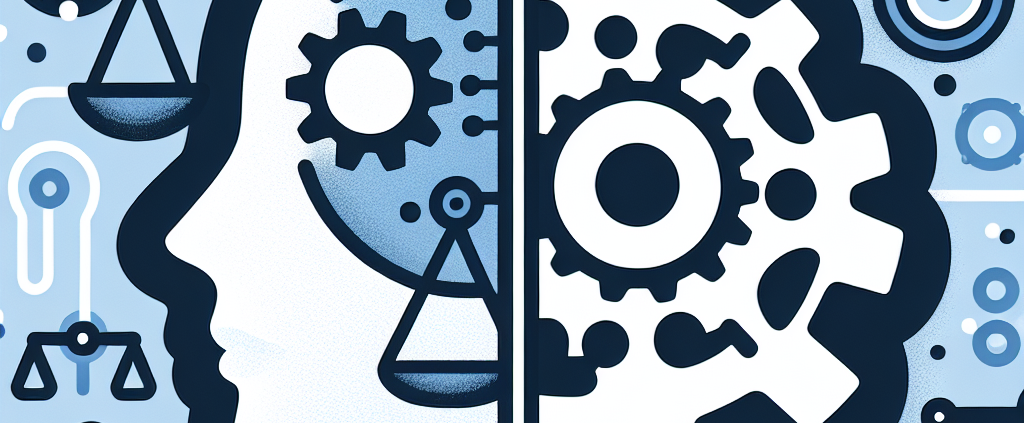

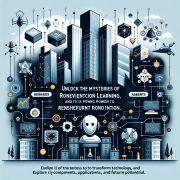
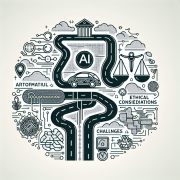

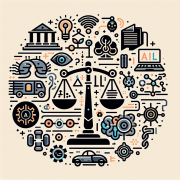



Leave a Reply
Want to join the discussion?Feel free to contribute!